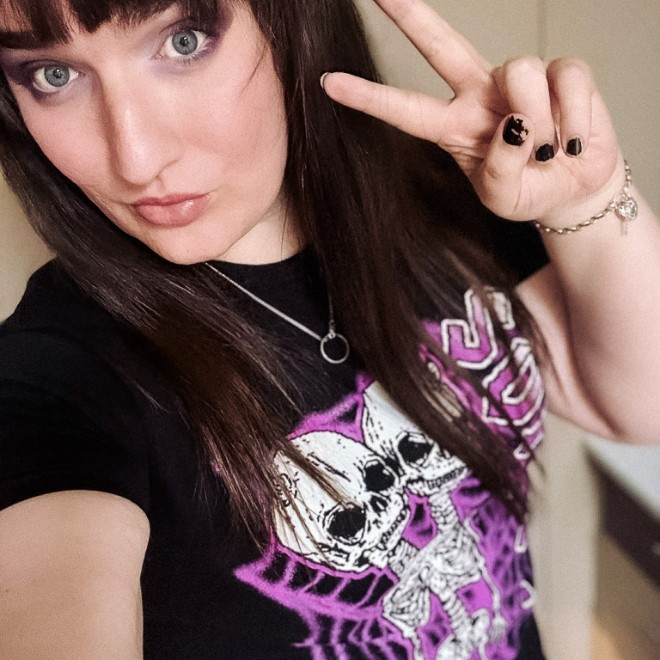Let's talk about school...part two
Let’s talk about school … part one
Not long after our child was diagnosed, we wanted to get a head start on the school process. We went to the local school for help with enrolment and, hopefully, support in accessing a specialty school if needed, preferably an Aspect school. Being new parents on-top of navigating COVID restrictions, with Ri working as an essential worker and kiddo and I unable to leave the house, we had little energy for deep research. Going straight to the school felt like the best option.
We were transparent about our goals and what we wanted. They were lovely, polite and seemingly helpful.
“Don’t worry, you’re doing the right thing. Contact us again in six months.”
So we did.
Six months later:
“Don’t worry, contact us next year.”
We followed that instruction too.
January rolls around (the year before kindergarten) and they tell us:
“You’re still too early. We’ll contact you. DON’T. WORRY. ABOUT. IT.”
All said with a smile and a caring voice.
During this time, we tried pre-school (where Ri worked), and the sheer terror and pain it caused kiddo was heartbreaking. She would look me right in the eye, which was rare for her, pleading, crying, shaking, and shortly after, kicking and screaming.
“Ta pre school, ta pre school.”
(“Ta” was, and still can be, her word for ‘No.’)
This wasn’t just a child not wanting to go to school. This was terror. Real panic. We thought it was something we needed to push through, that things would settle once she got used to it. They never did. We pulled her out.
Then, the year before primary school was to start, she was a bit older and with support from our OT, we tried pre-school again. Same thing happened. We gritted our teeth, thinking, If she’s going to go to school, this has to happen. But soon, even non-preschool days were just as hard as preschool days. Brushing hair and getting dressed became associated with preschool. Meltdowns at the mention of getting dressed or putting on shoes. Fear-filled screams as she ran up the hallway, hurt herself, hurt me. All because these things were now associated with preschool.
Eventually, her attendance dropped from 2–3 days a week to one day a week, then one day a fortnight… and finally to one day every 2–3 months. Even then, she would still panic at the mention of preschool, walking in its direction, or hearing her educators’ names. Ri, working at that preschool at the time, had to change out of their uniform before kiddo saw it and hide the shirts from her.
These reactions (among other things) helped us recognise she has a P.D.A. profile, which I’ll talk more about in the future.
Then we got a phone call from the primary school…
Our Journey Begins (Sort Of)
This isn’t the very beginning of our journey, but it’s where I want to start. Our introduction into the system, and how autistic folks are perceived by the public.
Our kiddo was diagnosed at three. We’d been discussing it for a while. My partner wanted to pursue an early diagnosis, but I pushed back. I wasn’t ready to put a label on a two-year-old or put her through unneeded stress while she was so little. Eventually, I raised our concerns with my therapist who said he knew the best Occupational Therapist and put me in contact with her. He was right. Tash isn’t just the greatest occupational therapist on the planet, she’s one of the best humans I’ve ever met.
Ri called Tash, and she told us we’d need a formal diagnosis to access NDIS funding and begin therapy. This was peak COVID lockdown and even though Tash wasn’t getting paid she helped us every step of the way. We booked the paediatrician and waited months. When the day finally came, only one parent was allowed in the appointment thanks to Covid restrictions . We agreed Ri should go as they had concerns, rightfully so, that if I went and the doctor was disrespectful, I’d probably give him a piece of my mind and walk out without the little piece of paper we needed.
And little it was! He wrote one sentence that our child is autistic. That was the entire report. Pathetic, but enough to unlock support and begin OT.
What sticks with me most is the doctor’s reaction. He expected grief. Tears. Some kind of breakdown. Instead, Ri smiled and said, “Yeah, we already know. It’s not a problem.”
Nothing about how I parented changed that day. It still hasn’t. I treat my kiddo as a human in collaboration with me, she is not someone to be moulded, scolded, or pulled into line. She didn’t ask to be here. So I’ll do everything I can to make her ride as smooth as possible while I’m with her.
The doctor expected pain when he gave us the news. We felt relief. We had a direction. But if I’d known then how the system and the world treat people like my daughter…
maybe I would have cried.





